Outlook’s "Discovered New Occasions" Function: Mastering Calendar Integration
Associated Articles: Outlook’s "Discovered New Occasions" Function: Mastering Calendar Integration
Introduction
On this auspicious event, we’re delighted to delve into the intriguing matter associated to Outlook’s "Discovered New Occasions" Function: Mastering Calendar Integration. Let’s weave attention-grabbing data and supply recent views to the readers.
Desk of Content material
Outlook’s "Discovered New Occasions" Function: Mastering Calendar Integration

Microsoft Outlook’s "Discovered New Occasions" characteristic is a strong software designed to streamline calendar administration. It intelligently identifies potential occasions out of your emails and provides so as to add them on to your calendar. This performance considerably reduces handbook entry, saving you time and stopping scheduling conflicts. Nevertheless, understanding how this characteristic works, its limitations, and how you can successfully handle the urged occasions is essential for optimum use. This text gives a complete information to leveraging Outlook’s "Discovered New Occasions" characteristic, addressing widespread points and providing superior ideas for maximizing its effectivity.
Understanding the "Discovered New Occasions" Mechanism:
Outlook’s occasion detection depends on subtle algorithms that analyze the content material of your emails. It searches for key phrases, dates, occasions, and places usually related to appointments and conferences. The system is not good; it depends on patterns and contextual clues, which means it’d often misread data or miss occasions altogether. The accuracy relies upon closely on the readability and consistency of the knowledge inside the e mail. As an example, an e mail stating "Assembly on Tuesday at 2 PM" is way simpler to interpret than one containing ambiguous phrasing like "Let’s catch up subsequent week."
A number of components affect the system’s accuracy:
- Electronic mail Content material Readability: Exactly acknowledged dates, occasions, and places are important. Ambiguous language or casual phrasing can result in inaccurate interpretations.
- Electronic mail Format: Plain textual content emails are usually simpler to parse than these with advanced HTML formatting.
- Electronic mail Topic Line: The topic line usually gives essential context. A topic like "Assembly with John Doe – October 26, 2 PM" considerably improves the possibilities of correct detection.
- Sender Repute: Outlook may prioritize occasions urged from recognized contacts or regularly used e mail addresses.
- Outlook Settings: Your Outlook settings, particularly these associated to calendar integration and notification preferences, have an effect on how the "Discovered New Occasions" characteristic behaves.
The way to Add "Discovered New Occasions" to Your Calendar:
The method of including urged occasions varies barely relying in your Outlook model (desktop, net, cell), however the normal ideas stay the identical.
1. Figuring out Urged Occasions:
Outlook usually notifies you about urged occasions via a banner or pop-up message close to your calendar view. These notifications normally seem whenever you open an e mail containing potential occasion data. Alternatively, you may discover urged occasions listed inside a devoted part in your Outlook inbox or calendar, usually labeled as "Urged Occasions" or related.
2. Reviewing the Suggestion:
Earlier than including an occasion, rigorously evaluate the knowledge offered by Outlook. Confirm the date, time, location, and another particulars to make sure accuracy. Inaccurate solutions are widespread, and it is essential to appropriate them earlier than including them to your calendar.
3. Including the Occasion to Your Calendar:
The strategy for including the occasion varies relying on the Outlook interface:
- Desktop Outlook: You may usually discover an "Add to Calendar" button or hyperlink inside the notification or urged occasions part. Clicking this button will immediately add the occasion to your calendar with the main points Outlook has extracted.
- Outlook Net App: The method is comparable, with an "Add to Calendar" button or possibility available close to the urged occasion.
- Outlook Cellular App: The cell app usually presents urged occasions in a concise format. Tapping the occasion will normally carry up choices so as to add it to your calendar, permitting you to edit particulars earlier than affirmation.
4. Enhancing the Occasion Particulars:
As soon as added, you possibly can edit the occasion particulars similar to another calendar entry. Alter the time, location, add attendees, set reminders, and add another needed data. This step is essential to make sure the occasion precisely displays your scheduling wants.
Managing and Customizing the "Discovered New Occasions" Function:
Whereas the automated detection is useful, managing and customizing the characteristic is crucial for optimum efficiency.
1. Disabling the Function:
When you discover the "Discovered New Occasions" characteristic overly intrusive or inaccurate, you possibly can disable it. The precise steps rely in your Outlook model, however usually, you may discover related settings inside Outlook’s Choices or Settings menu underneath Calendar or Mail settings. Search for choices associated to "Urged Occasions" or "Occasion Detection."
2. High quality-tuning Sensitivity:
Some Outlook variations supply settings to regulate the sensitivity of the occasion detection. You may discover choices to extend or lower the frequency of solutions or to refine the standards used for occasion identification.
3. Managing False Positives:
False positives – occasions incorrectly recognized by Outlook – are inevitable. Commonly evaluate your calendar for any incorrectly added occasions and delete them promptly. This prevents scheduling conflicts and maintains the accuracy of your calendar.
4. Using Superior Options:
Some superior Outlook options can complement the "Discovered New Occasions" performance:
- Calendar Guidelines: Create guidelines to robotically categorize or filter emails primarily based on key phrases, permitting for higher administration of emails containing occasion data.
- Electronic mail Filters: Use e mail filters to direct emails containing scheduling data to a particular folder, facilitating simpler evaluate and occasion addition.
- Third-Social gathering Add-ins: Think about using third-party calendar administration instruments or add-ins that combine with Outlook, doubtlessly providing extra subtle occasion detection and administration capabilities.
Troubleshooting Widespread Points:
- Inaccurate Occasion Data: Guarantee emails containing occasion data are clear and concise. Use a constant format for dates and occasions (e.g., YYYY-MM-DD HH:MM).
- No Ideas Showing: Examine your Outlook settings to make sure the "Discovered New Occasions" characteristic is enabled. Restart Outlook to make sure the characteristic is correctly activated.
- Frequent False Positives: Strive adjusting the sensitivity of the occasion detection settings or utilizing e mail filters to higher handle emails containing potential occasion data.
- Occasions Not Syncing Throughout Units: Guarantee your Outlook account is correctly configured for synchronization throughout all of your units. Examine your account settings and community connectivity.
Conclusion:
Outlook’s "Discovered New Occasions" characteristic is a beneficial software for environment friendly calendar administration. By understanding its mechanisms, customizing its settings, and addressing potential points, you possibly can considerably enhance your scheduling effectivity and scale back handbook calendar entry. Whereas it is not good, the time saved by appropriately utilizing this characteristic far outweighs the occasional want for handbook correction. Common evaluate and proactive administration are key to maximizing its advantages and sustaining an correct and up-to-date calendar. By mastering this characteristic, you possibly can remodel your Outlook expertise from a tedious job to a streamlined and environment friendly scheduling system.
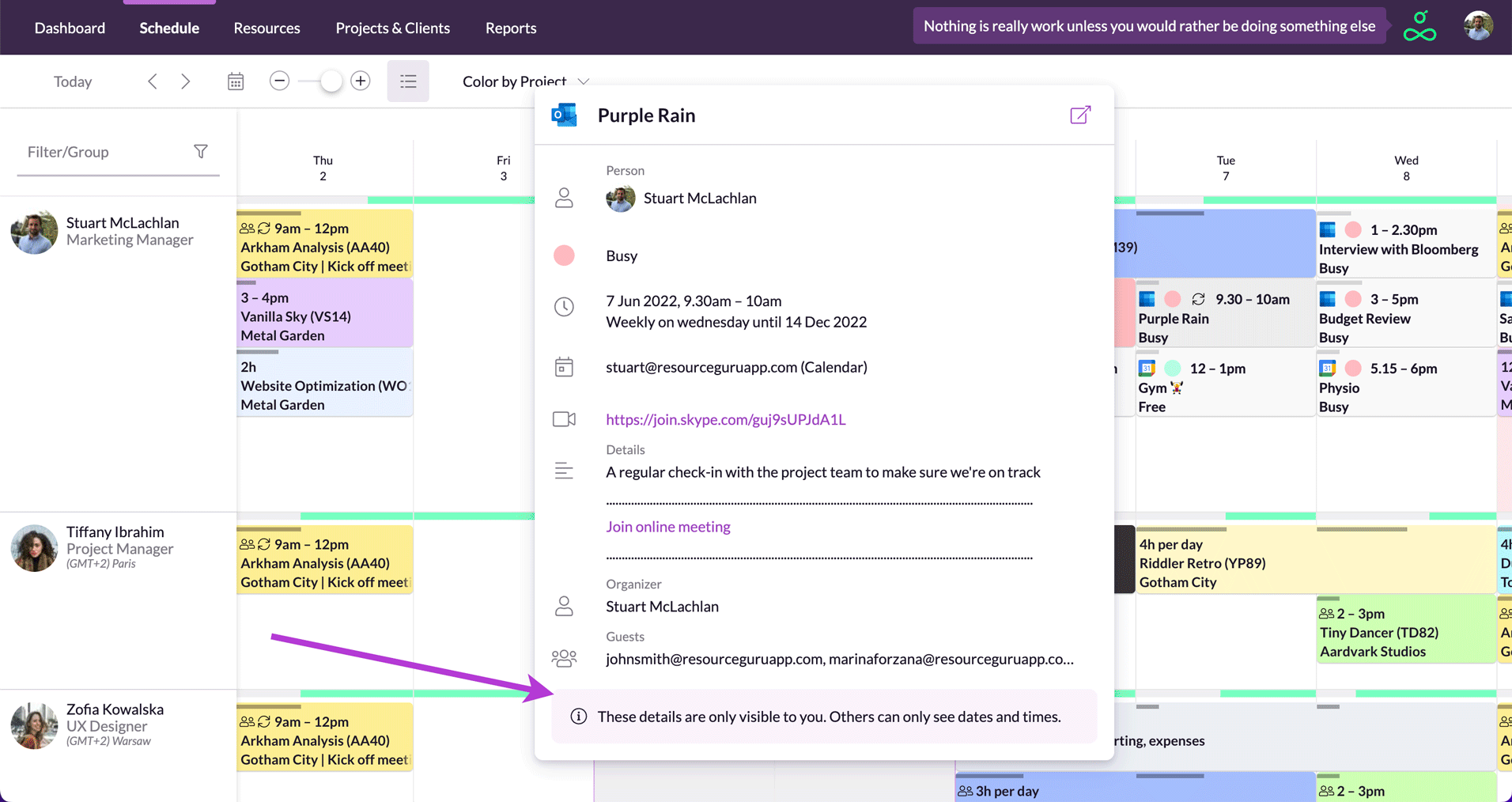
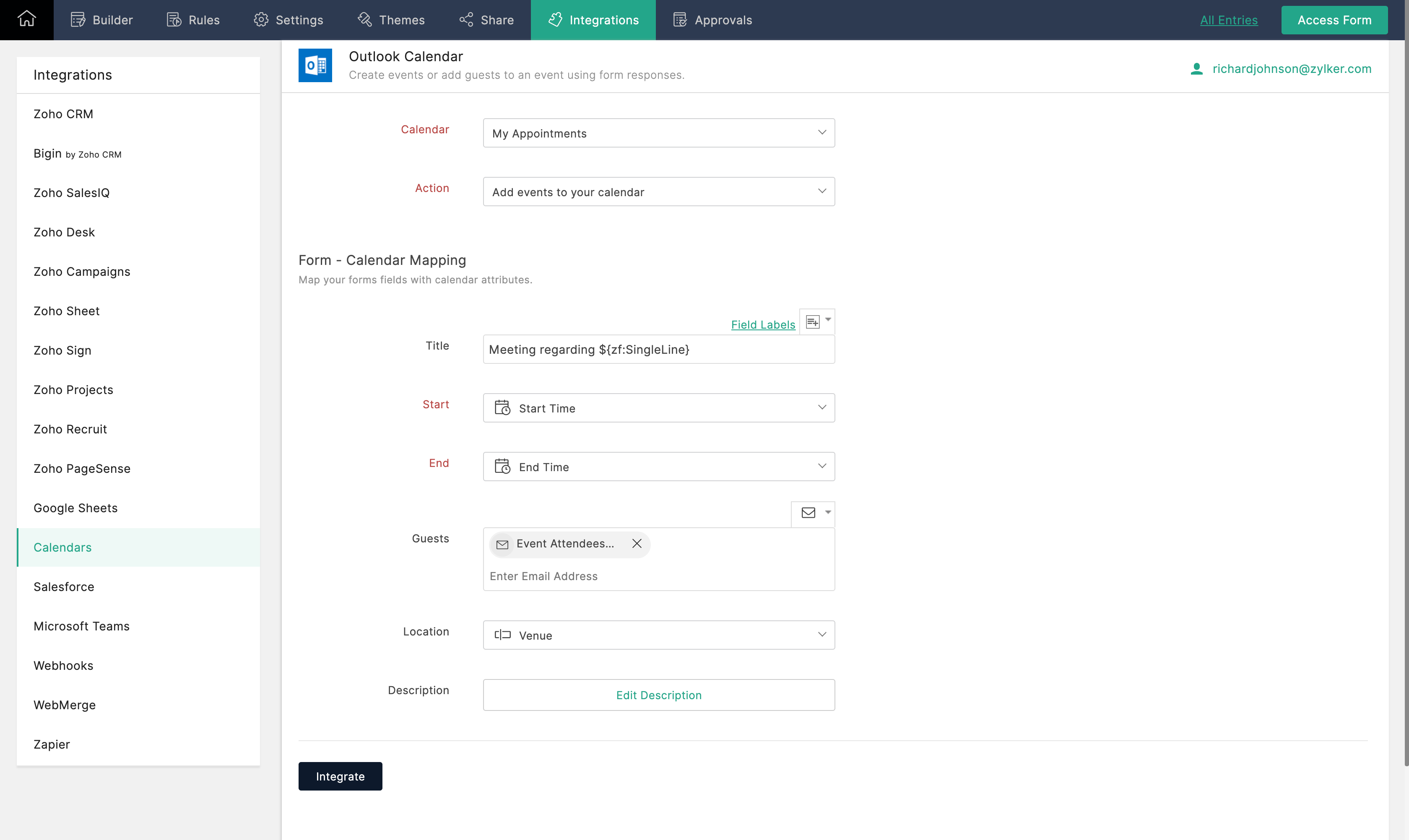
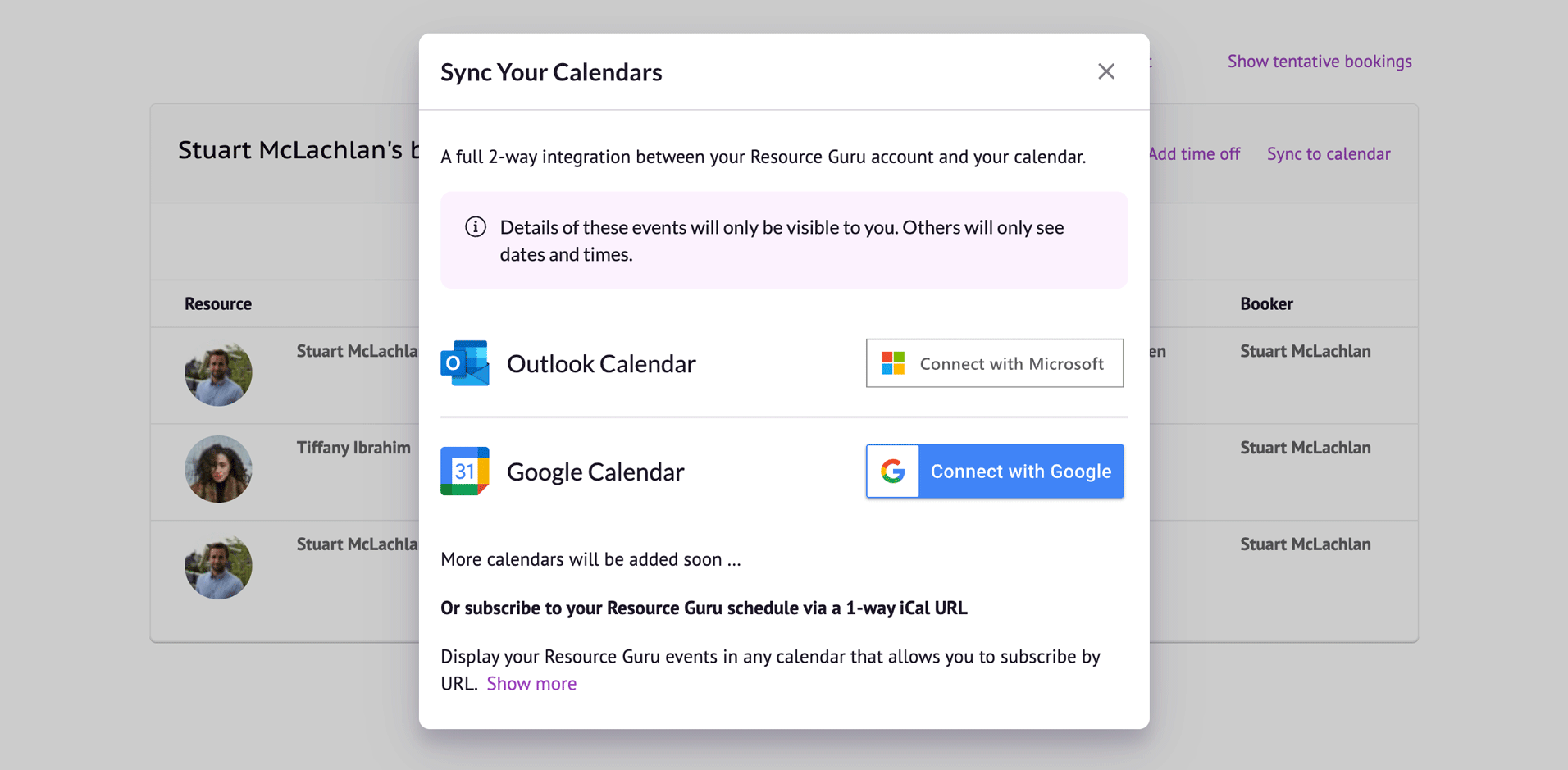
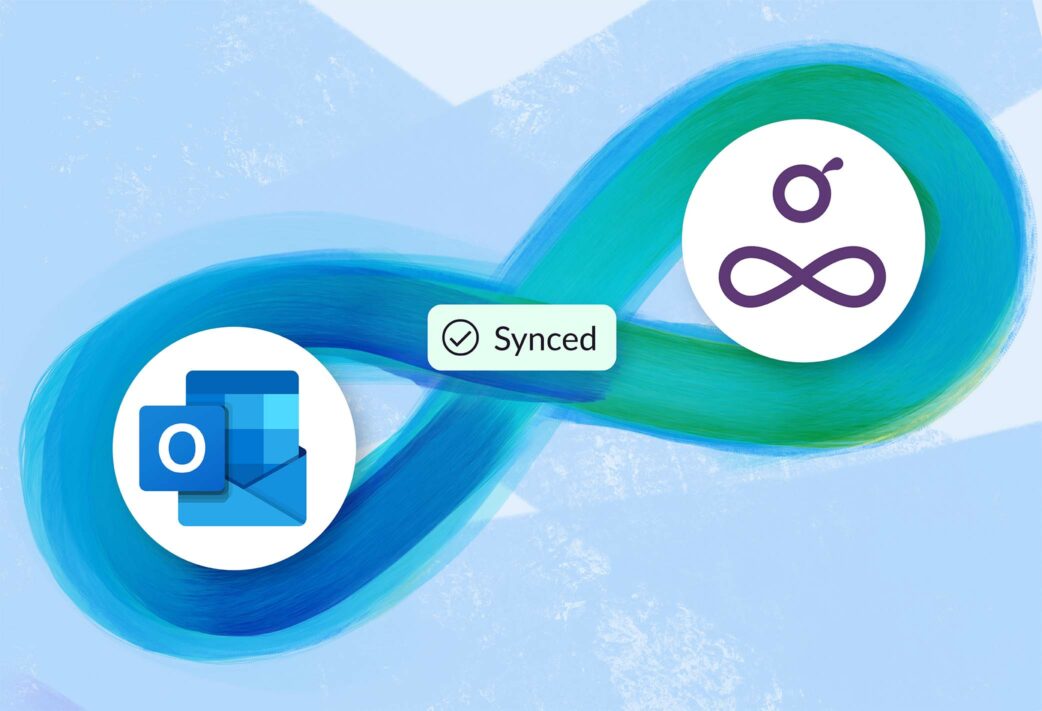

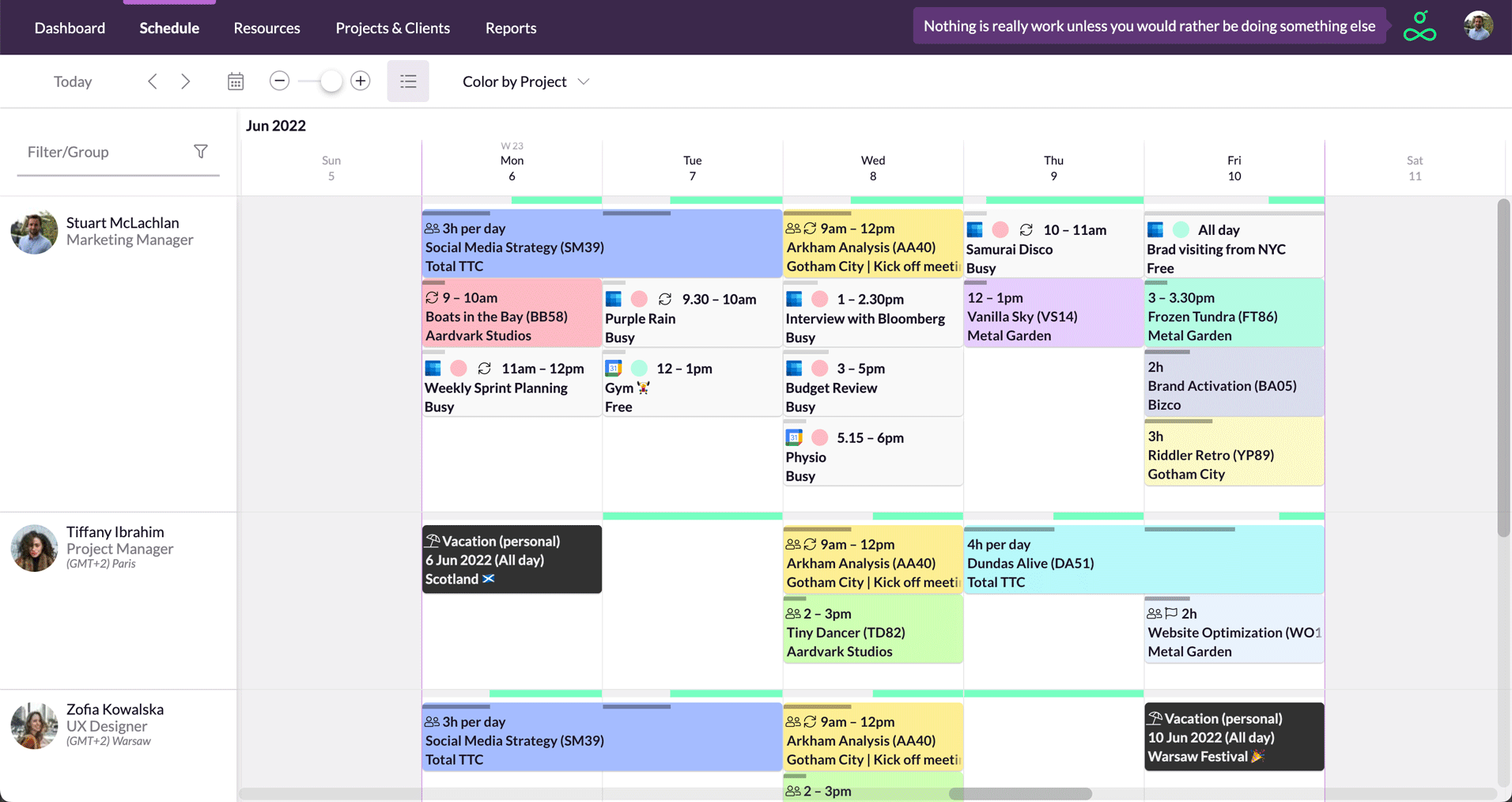
Closure
Thus, we hope this text has offered beneficial insights into Outlook’s "Discovered New Occasions" Function: Mastering Calendar Integration. We thanks for taking the time to learn this text. See you in our subsequent article!